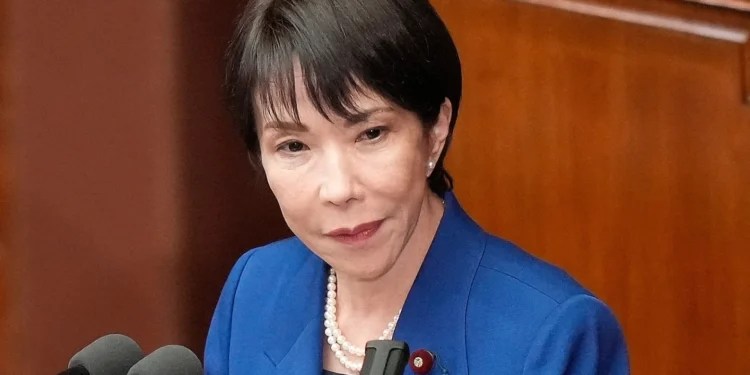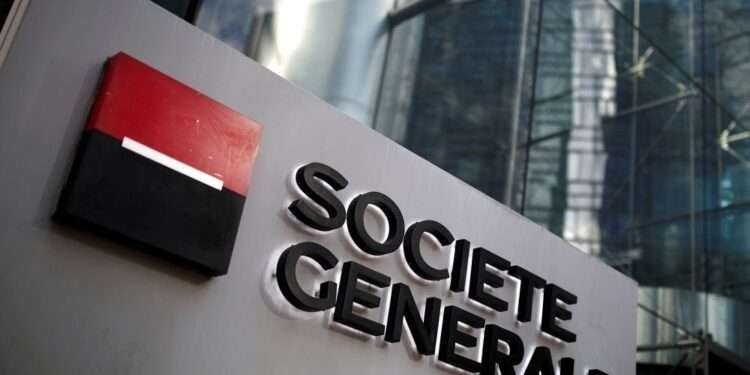According to the Ghana Fixed Income Market Status Report, Stanbic Bank again led the market share of banks that invested heavily on the Ghana Stock Exchange Fixed Income Market in the month of September, as it controlled 22.58 percent of the total value of securities traded.
It was closely followed by Standard Chartered Bank which had a market share of about 14.48 percent.
Stanbic and Stanchart together bought or invested almost GH¢5 billion of their deposits in the government of Ghana securities so far during the month of September 2021. Whilst Stanbic Bank invested GH¢3.02 million, Stanchart invested about GH¢1.93 million on the Ghana Fixed Income Market.
Meanwhile, the investments is expected to accrue interest income from the risk free instruments to grow their bottom line.
Both banks have remained cautions by being prudent in lending, particularly during this COVID-19 period in order not to incur high non-performing loans, going forward.
On the other hand, GCB Bank followed in the 3rd position controlling about 11.51 percent of the debt market, investing about GH¢1.54 million on the Ghana Stock Exchange Fixed Income Market.
Similarly, Access bank followed in that order to invest 9.09 percent of its financial assets. It was closely followed by Ecobank with 7.20 percent, and Fidelity with 7.04 percent. GT Bank bank also came in the seventh position with 5.08 percent.
Together, Access Bank, Ecobank, Fidelity bank and GT bank controlled 28.41 percent of the share of the debt market, investing about GH¢3.7 million of their funds on the Ghana Fixed Income Market.
With the exception of Omni BSIC that did not invest on the Ghana Fixed Income Market, all the remaining 22 banks bought government securities.
According to the Bank of Ghana, banks investments in bills, securities and equity remained the largest component of total assets as of the end of June this year.
The share of banks investments in total assets therefore increased to 46.5 percent, from 42.3 percent, which led to 28.8 percent growth in year-on-year investments in June 2021. This is relative to the sluggish growth in credits.
As debt vulnerabilities surge across governments, sectors, and businesses, debt managers were without advance notice summoned to promptly re-align and adjust their debt management strategies to keep their businesses afloat in these unusual times. This has led to many financial services opting for the risk free government securities.
In Ghana, the momentum for local bond issuances in the local debt capital markets did not slow down entirely in 2020, per data from the Central Securities Depository (CSD). The total debt securities issued in the capital markets for full year 2020 was GHS207 billion, representing about 43% increase from that of the prior year. This gave the opportunity to the banks to also invest more in government securities to avoid losing millions to non performing loans.
However, it can be recalled that a report by the Stanbic Bank Ghana projected a 32 percent increase in its total revenue for this year 2021. This could easily be achieved given that Stanbic Bank is investing heavily in government securities.
READ ALSO: Exclusive: Ignorance, Major Reason for Low Women Participation in Forex in Ghana- Gifty Annor-Sika























